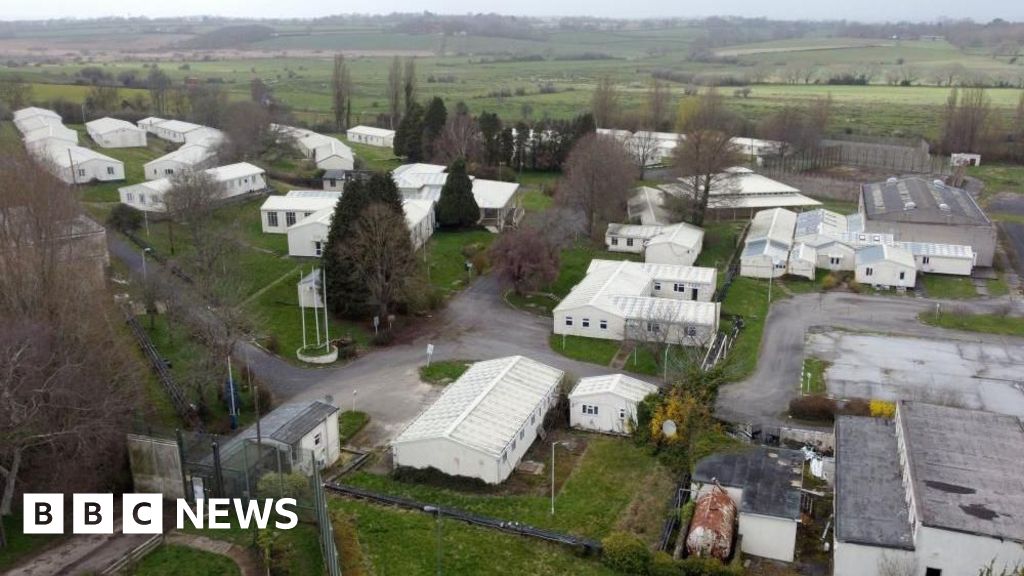The Pharmacy Council of Nigeria (PCN) has sealed 531 pharmaceutical stores and other medicine outlets within the Federal Capital Territory (FCT) for various offences.
The Council said that a total of 908 premises were visited during the week-long exercise carried out by the national enforcement team of the PCN.
PCN’s Director Enforcement, Stephen Esumabi who disclosed this at a press conference on Friday in Abuja, said the premises visited were made up of 235 pharmaceutical stores, 336 patent medicine shops and 337 illegal premises.
“A total of 531 premises were sealed. The premises sealed include 90 pharmacies, 144 patent medicine shops and 297 illegal medicine shops.
“They were sealed for offences ranging from operating without registration with PCN, non-renewal of premises certificates, stocking and sale of medicines above the approved medicine list for patent medicine vendors, wholesalers carrying out retail activities, patent medicine shops engaging in clinical practice and poor documentation,” he said.
Other offences allegedly committed by the sealed medicine outlets include “poor storage facilities, stocking of ethical products without the supervision of a pharmacist, superintendent pharmacists not residing in the FCT to properly supervise pharmaceutical activities within the premises, non- pharmacists having access to poison cupboard and in some cases dispensing substances of abuse in the absence of the pharmacist among others,” he added.
Speaking further, Esumabi said that some premises that were licensed were sealed because they were found to be carrying out activities that impact negatively on public health.
“For example, we have seen cases where licensed patent medicine shops administer drugs with narrow margins of safety through the intravenous route in unhygienic environments. These vendors do not have the knowledge of the appropriate doses to be administered and how to handle the adverse reactions that could occur from the administration of such drugs neither do they have facilities to mitigate their effects. Those medicines are to be administered only in hospitals,” he explained.

 4 months ago
36
4 months ago
36















 English (US) ·
English (US) ·